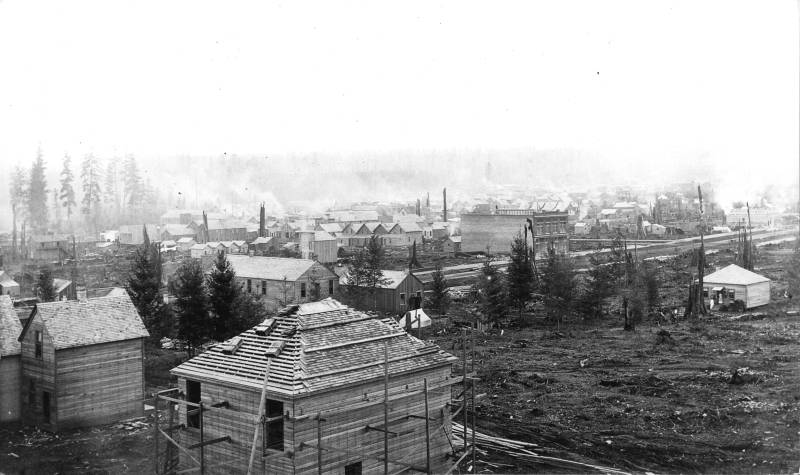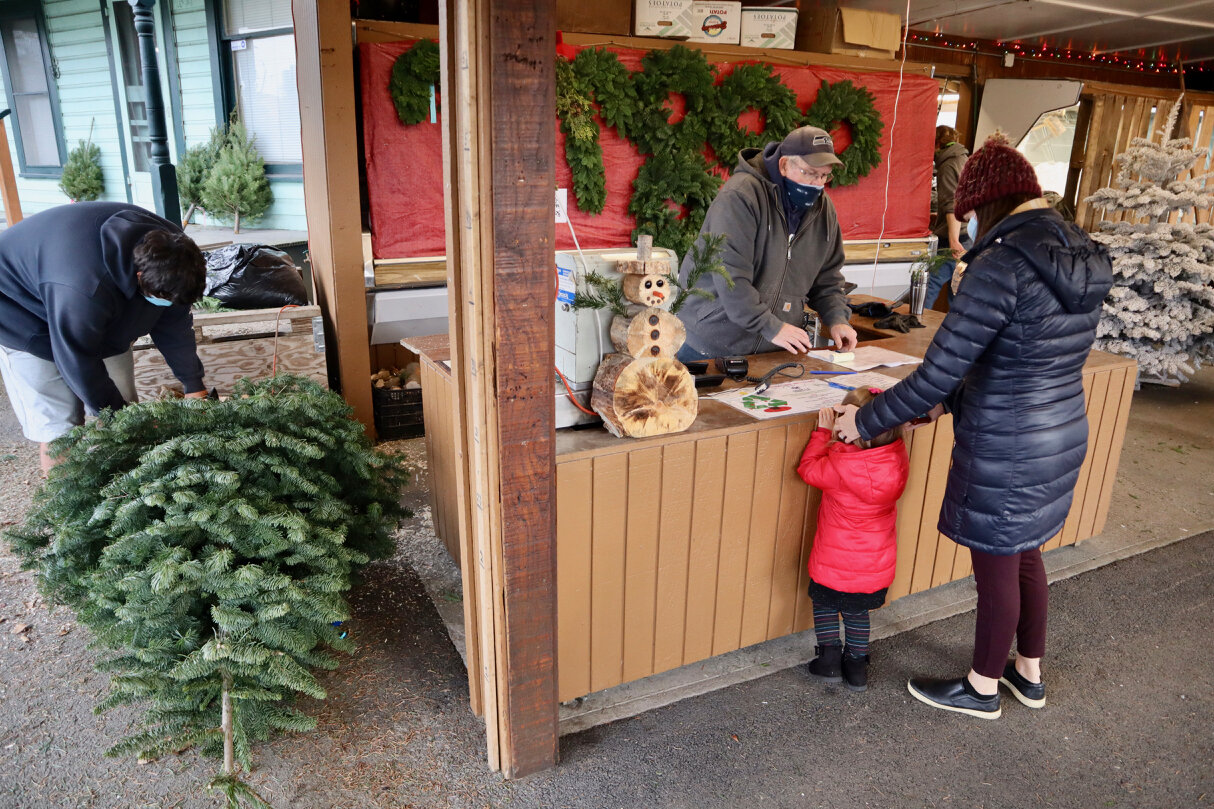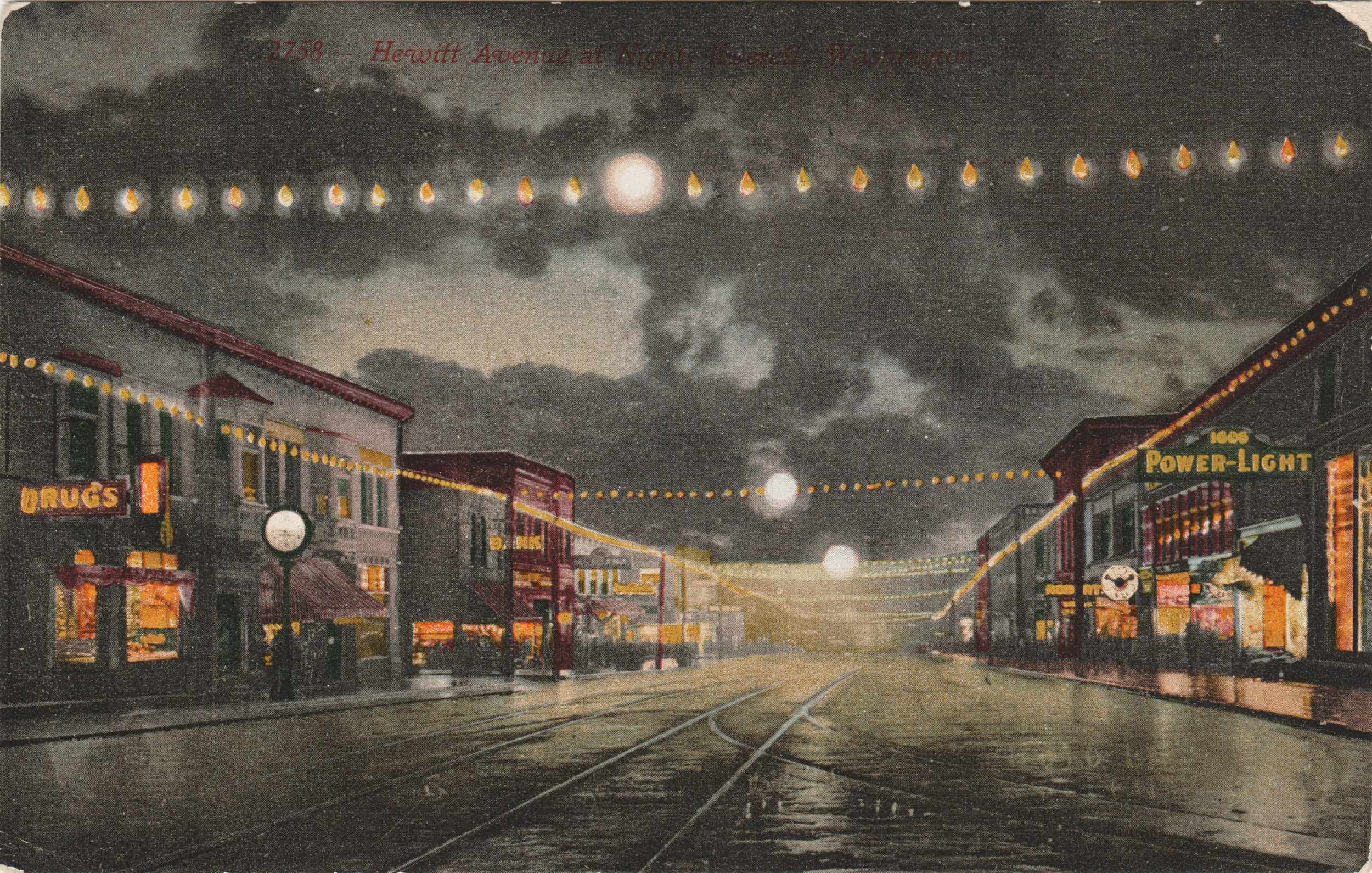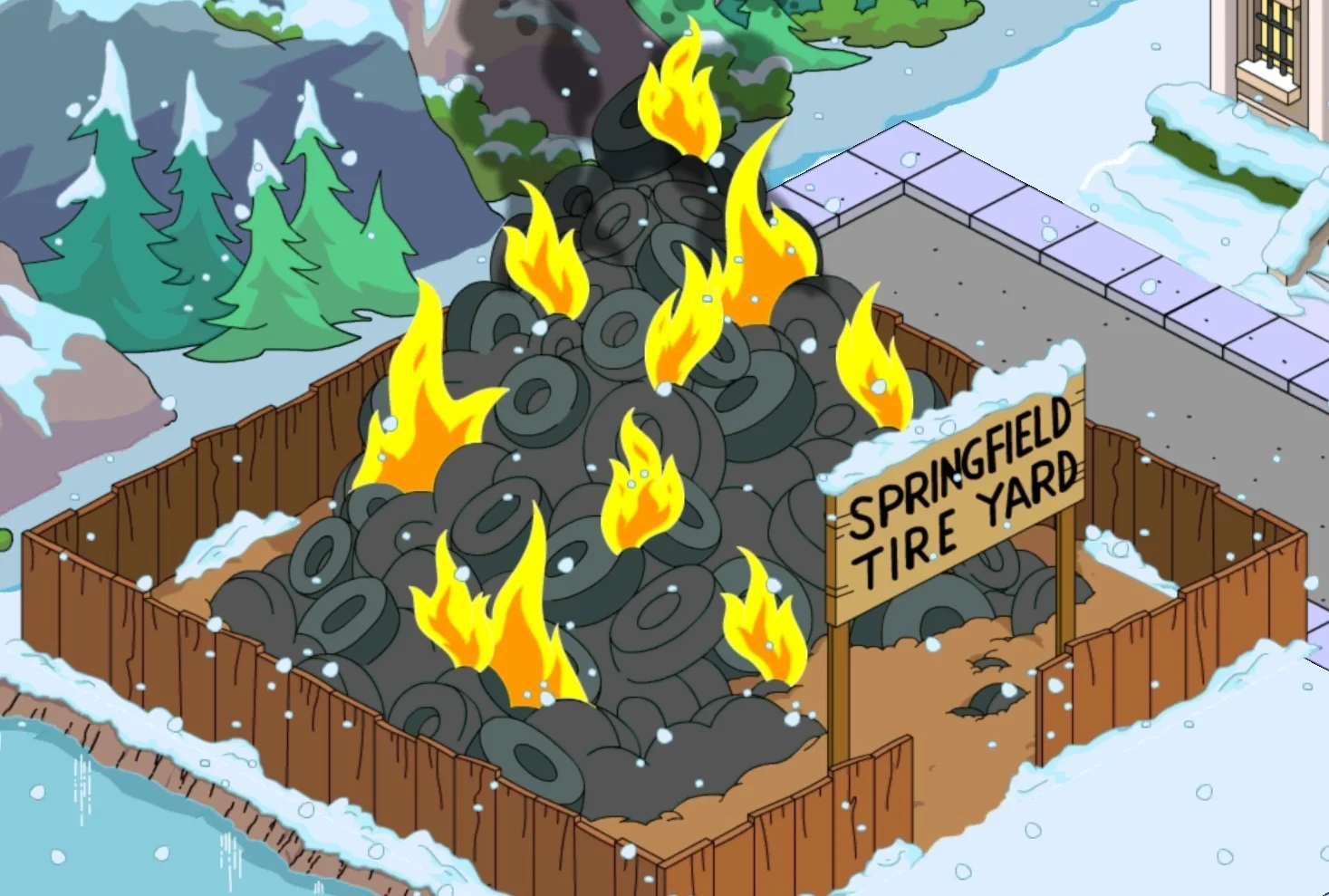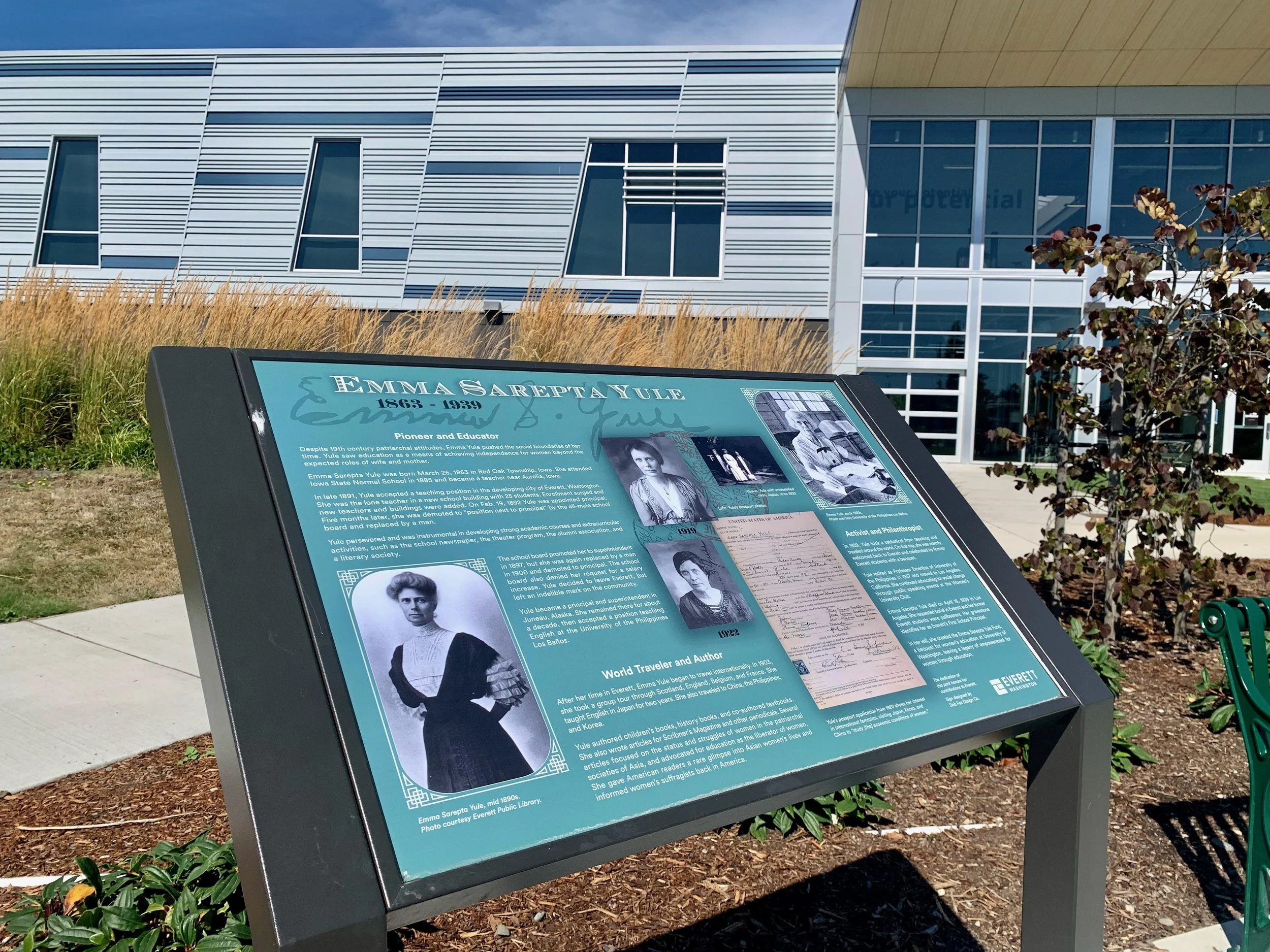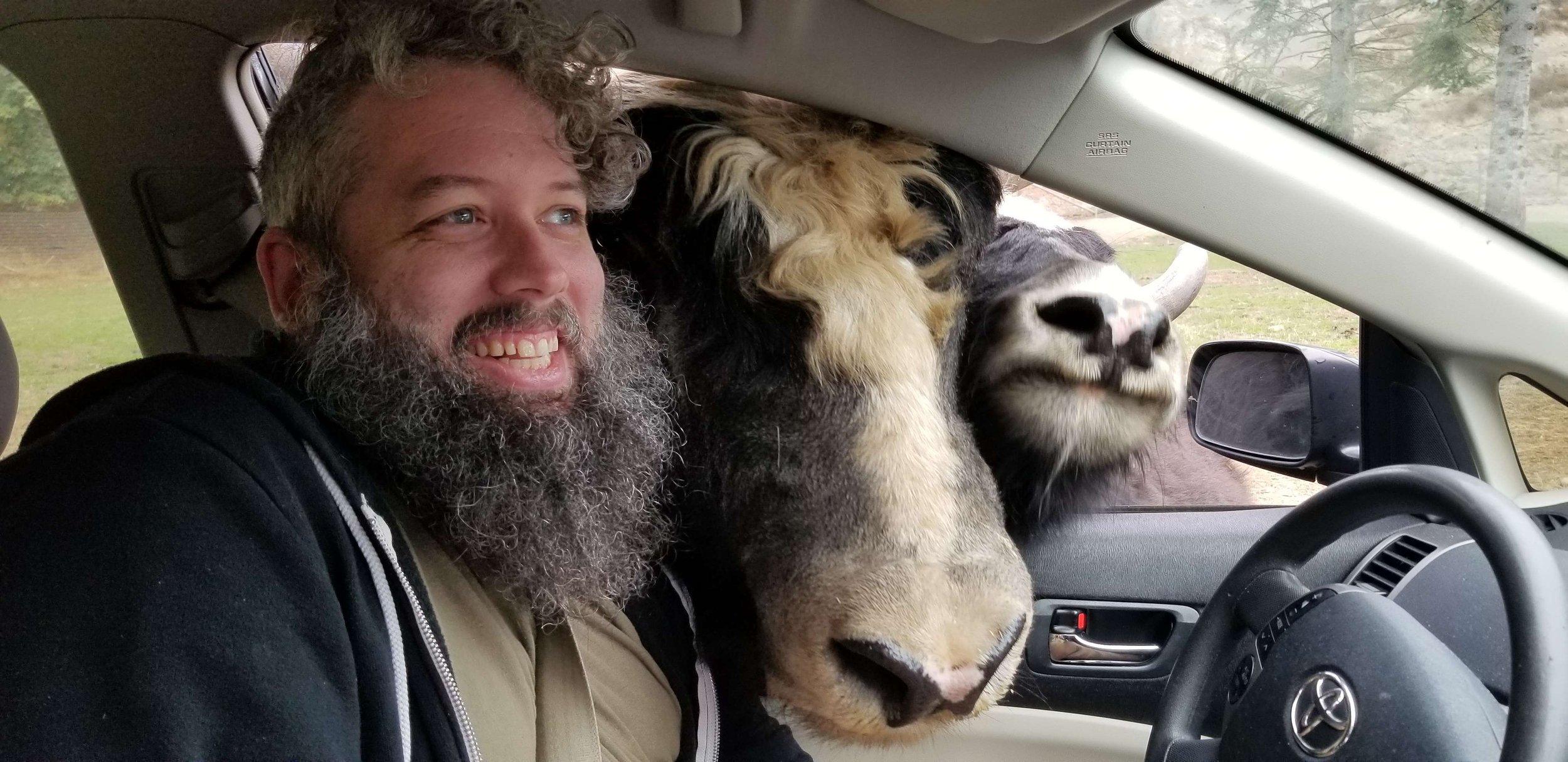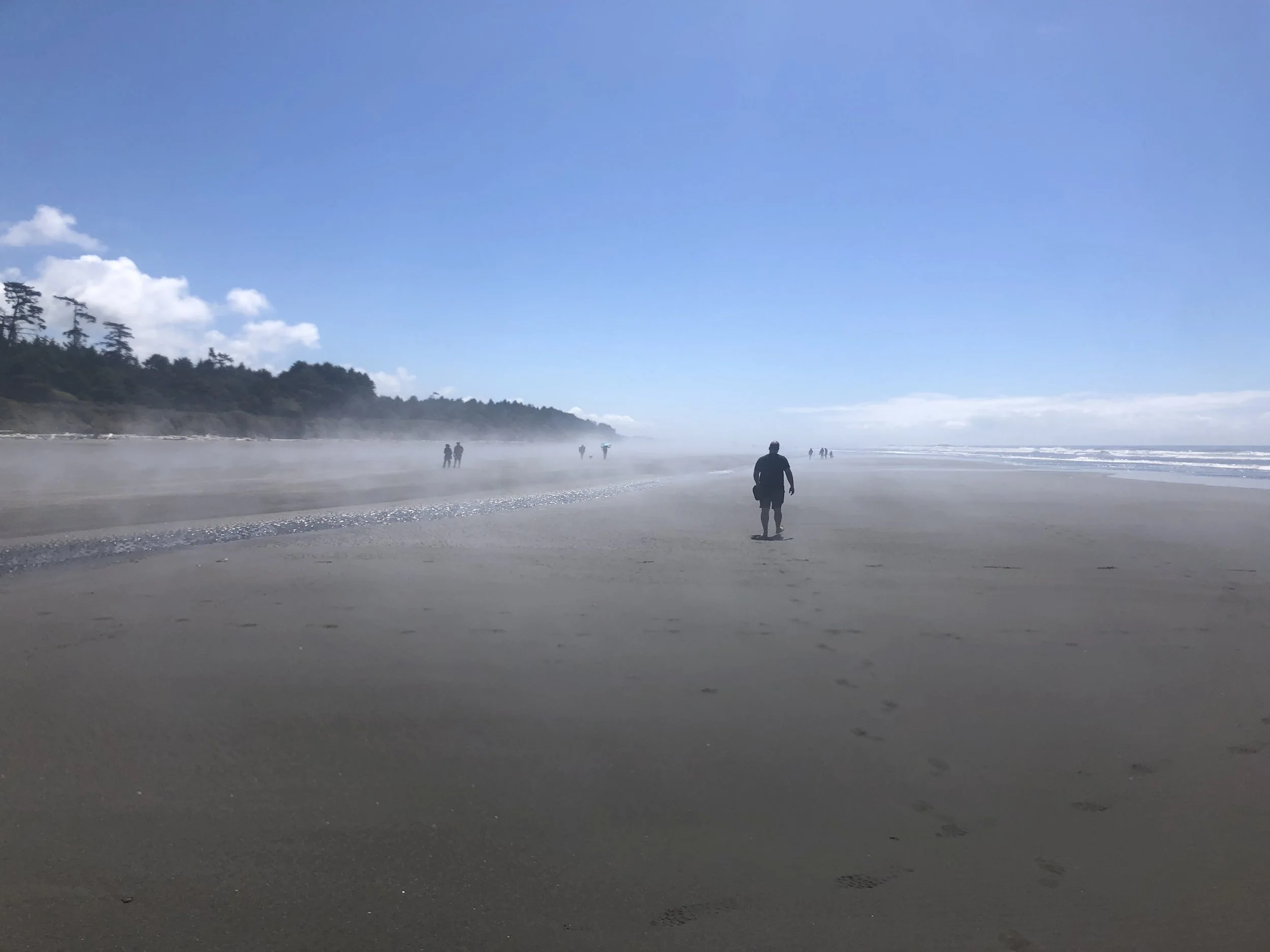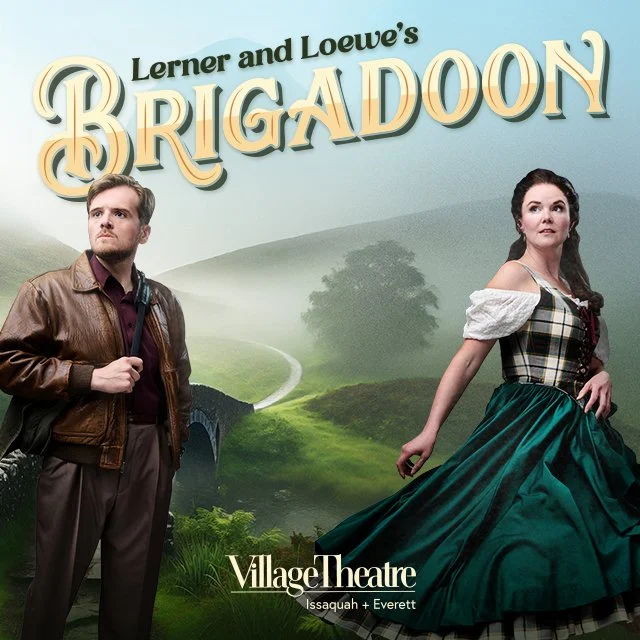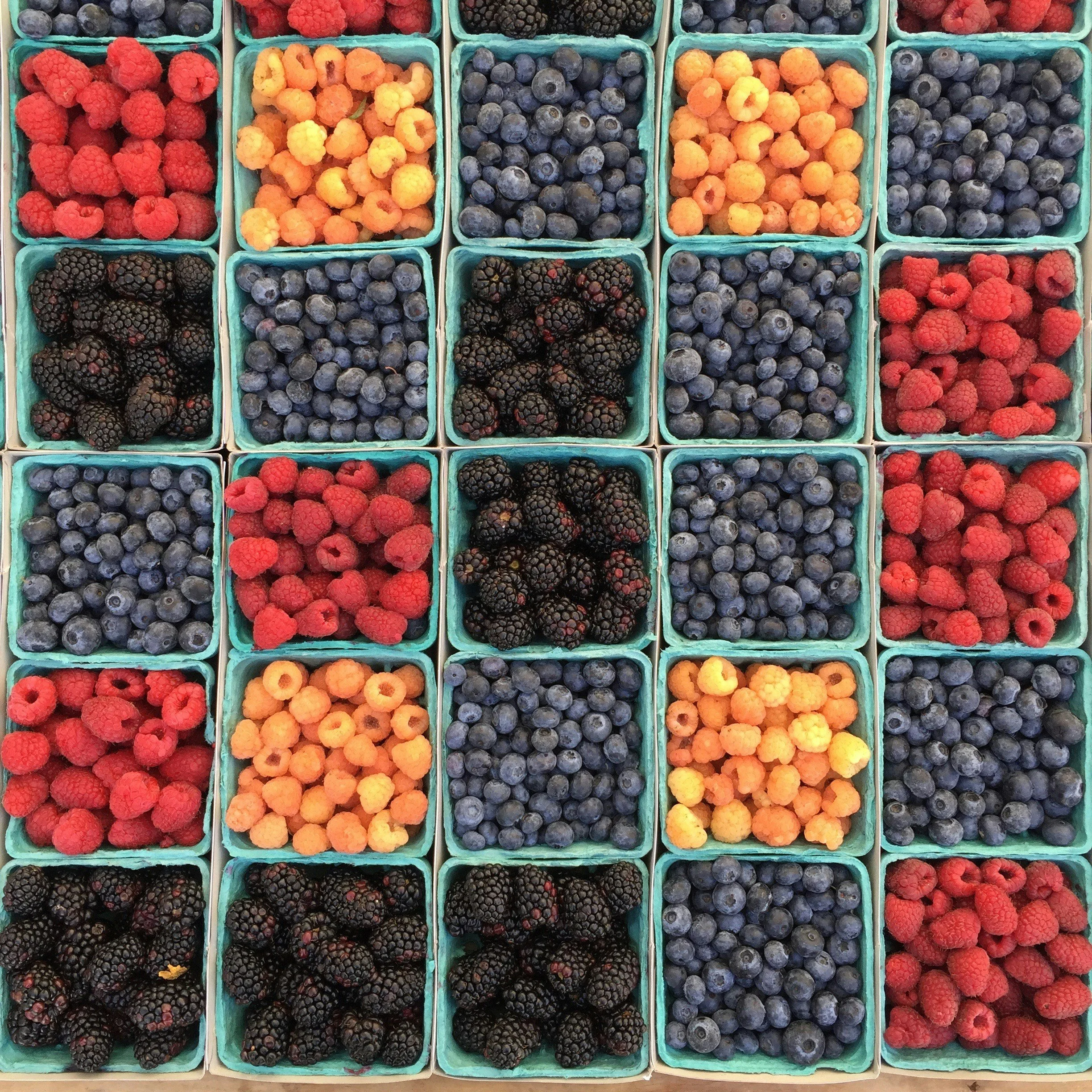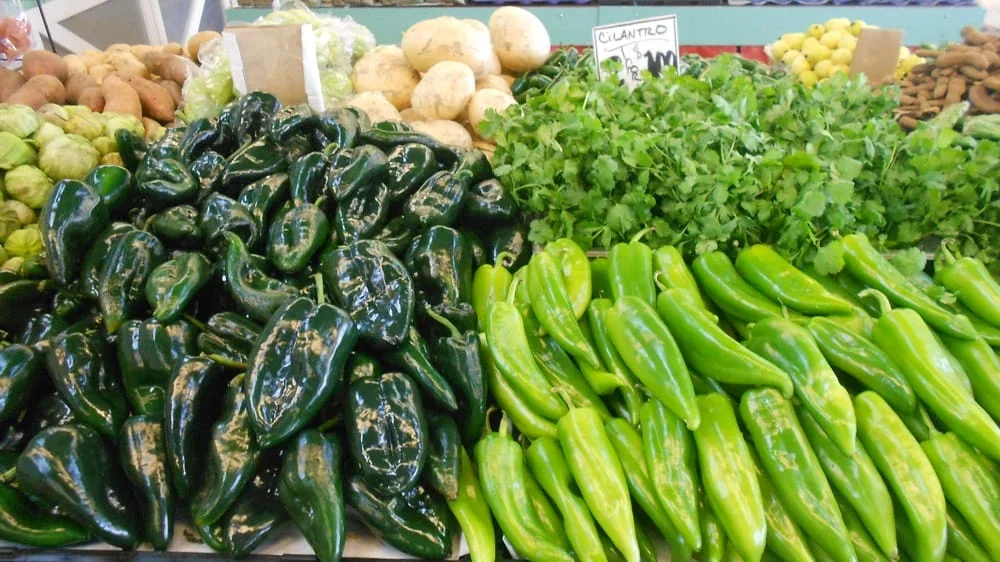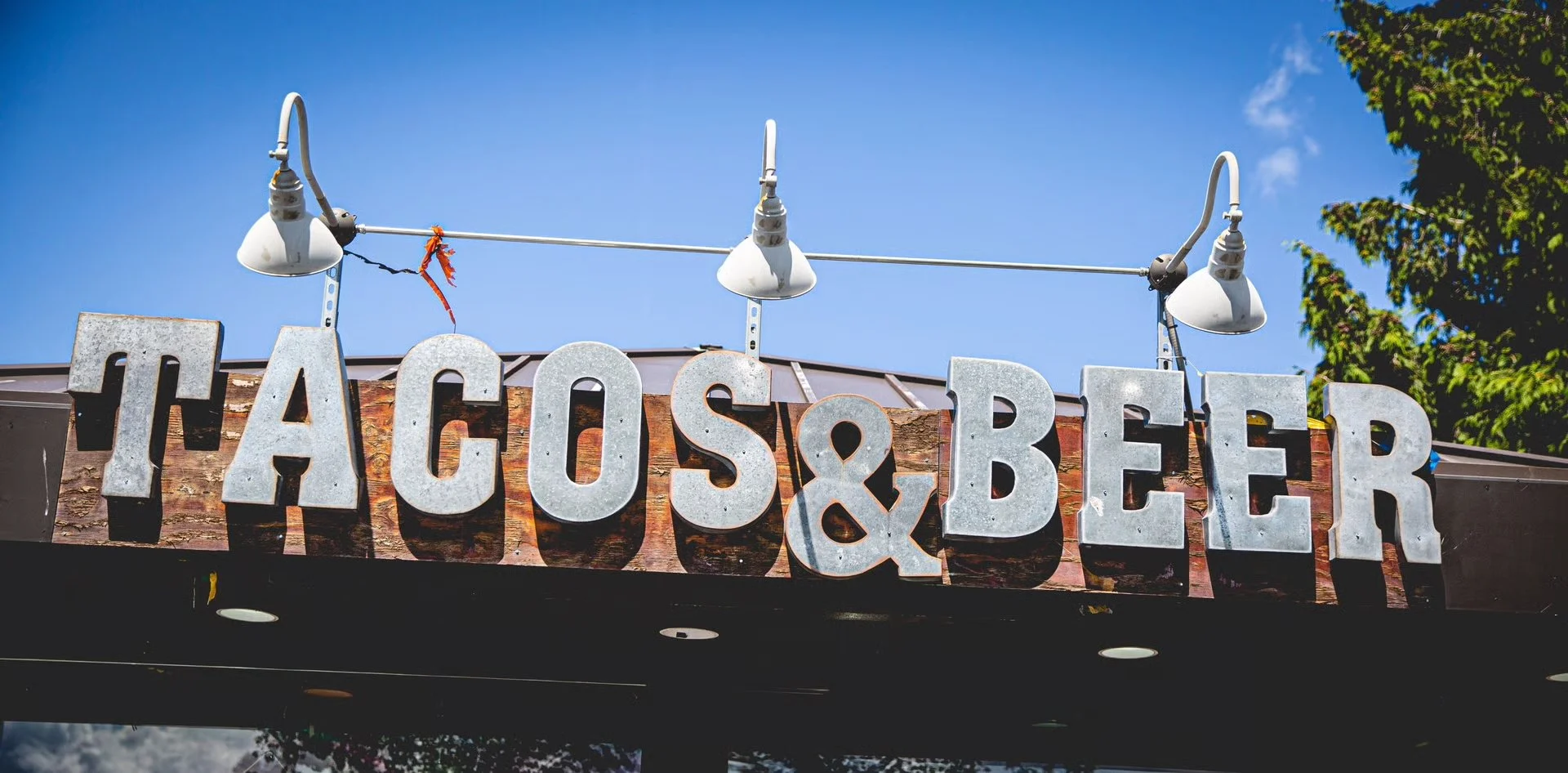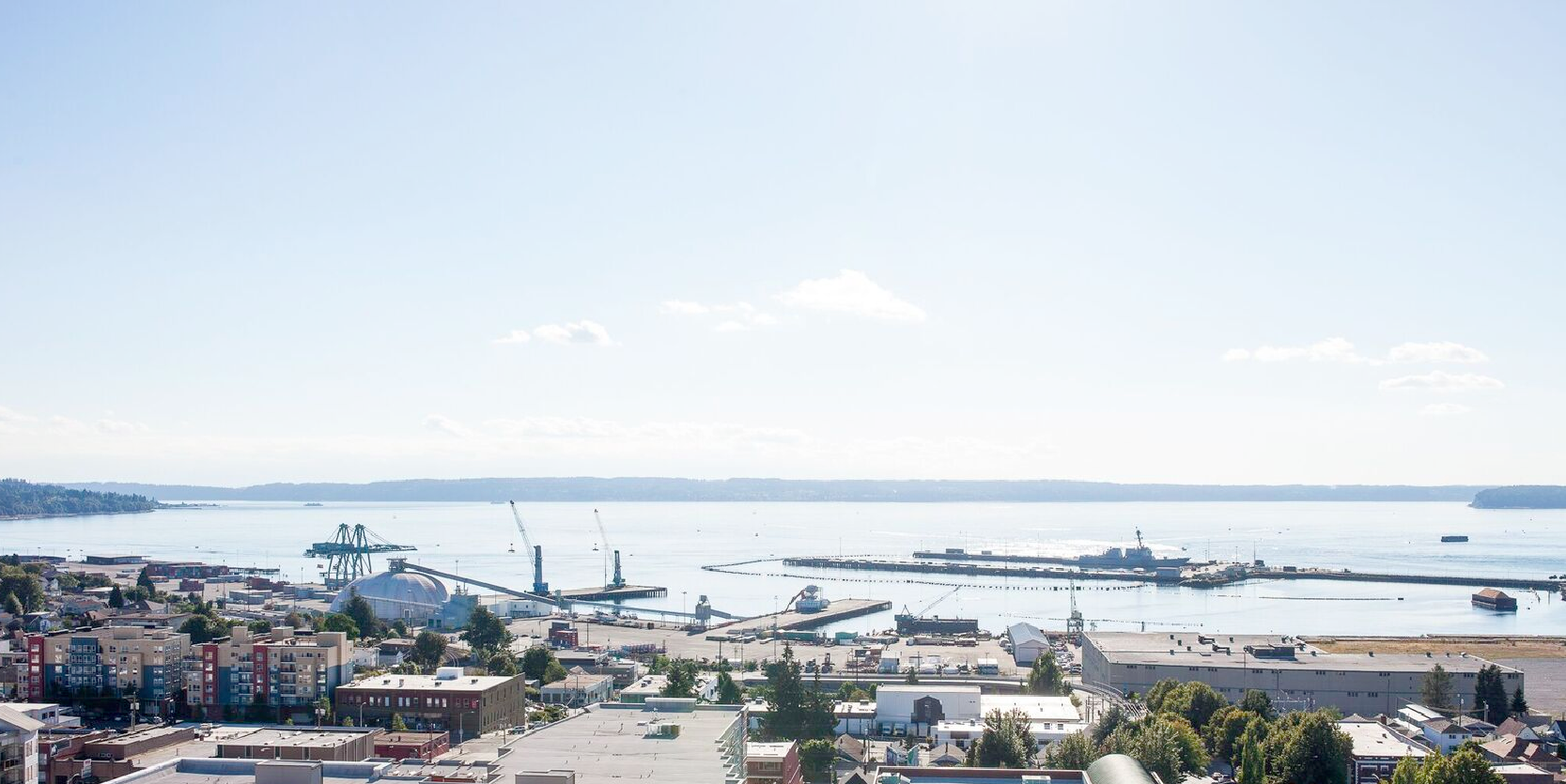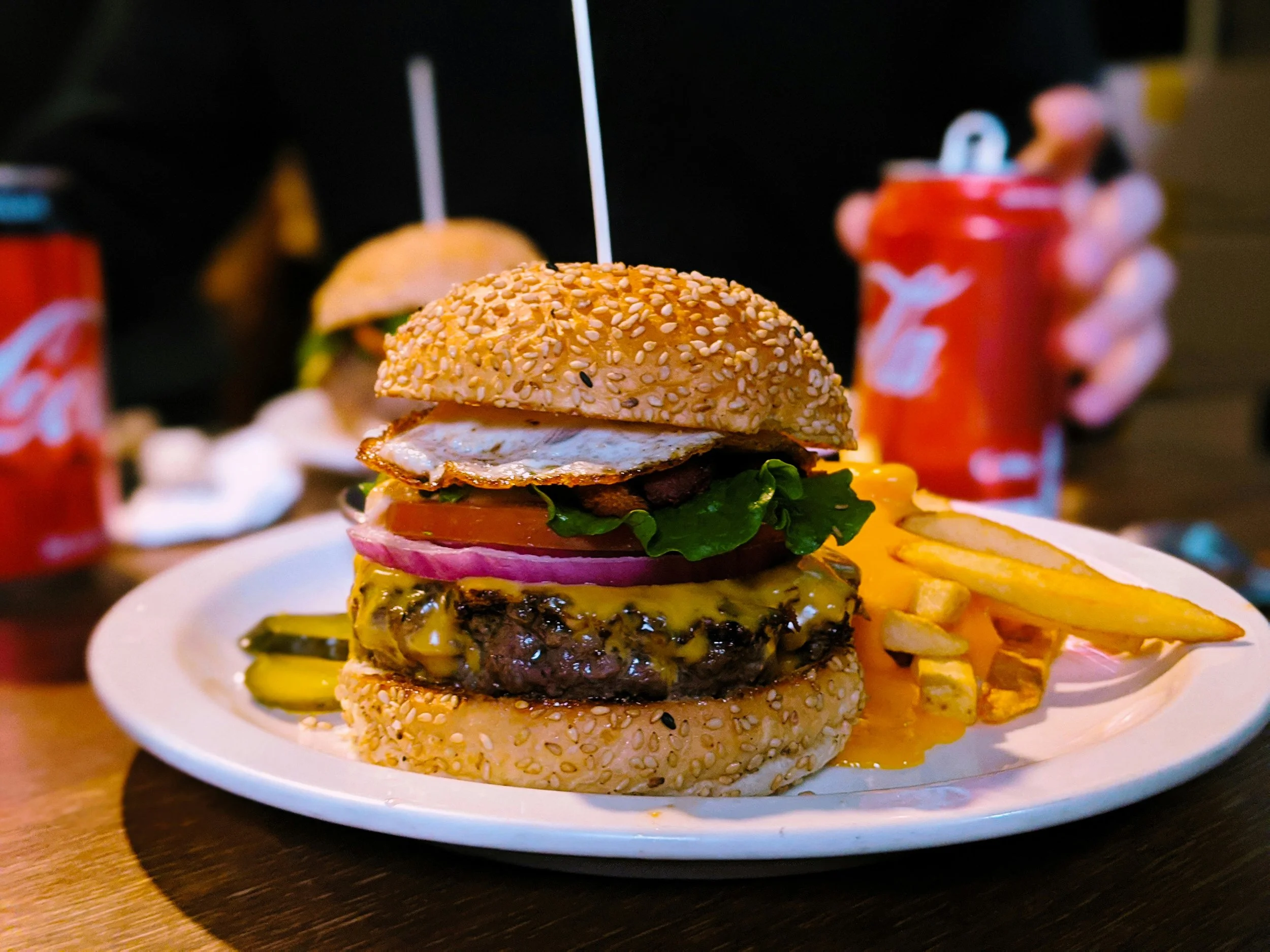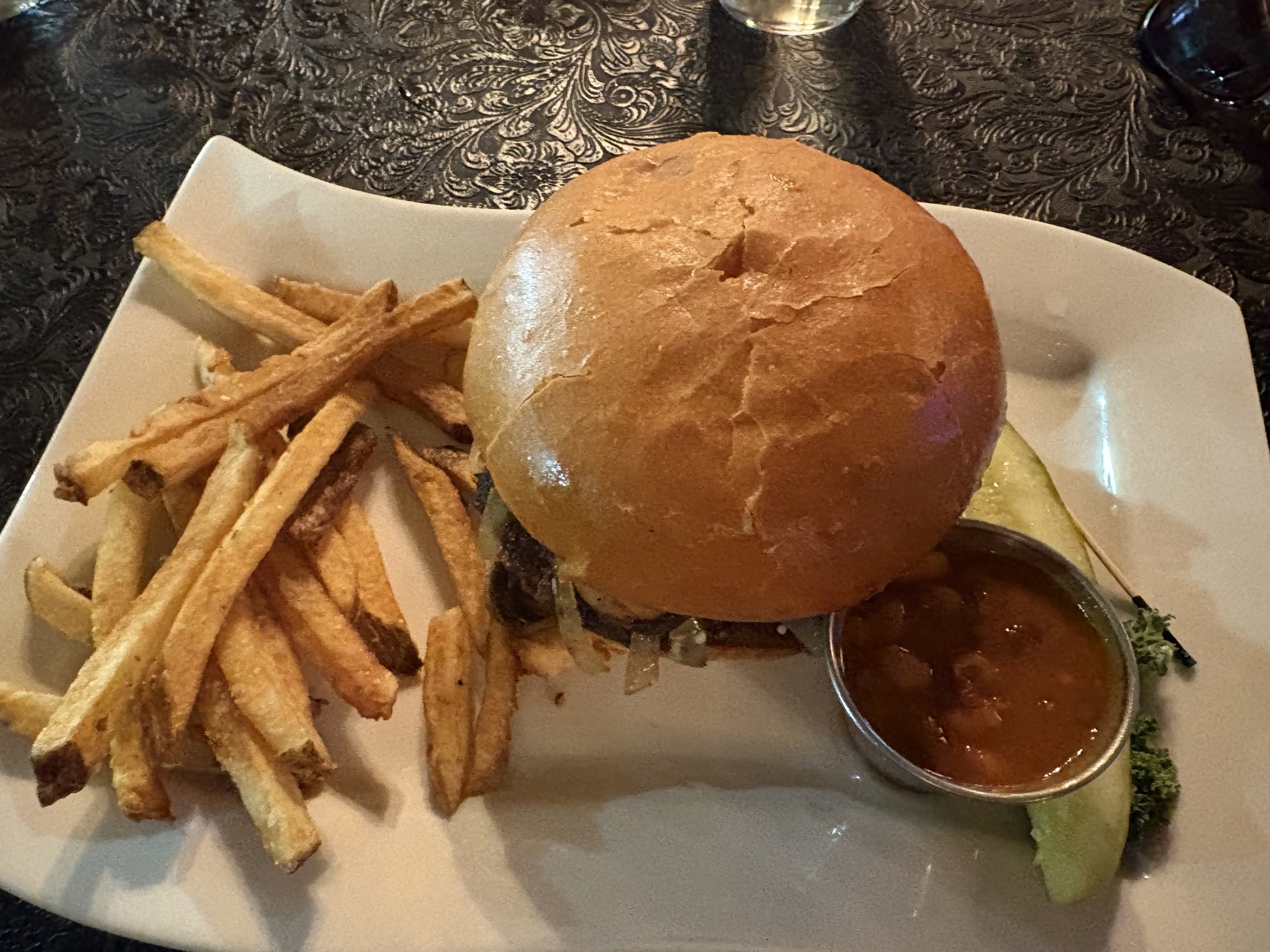Here is a Place to Live
Editor’s note: Originally posted November 4, 2017. Republished April 22, 2021.
Here it is.
Here is a city at the end of the continent. Nowhere to go beyond here except hazy islands spread out in mist. Islands spilled like green gems in the water.
Here is a peninsula jutting like a tooth into Puget Sound, rung around on three sides by water: an estuary to the east and the tidal flats to the north where Indian fishermen walked among the muddy grass and gnarled trees, hauled their canoes into the waterways that trickled down from the nearby mountains.
This place.
Accessible from three directions only by bridge or boat. This town that was an Industrialist’s fever dream of Gilded Age wealth.
The gobblers of timber. The barons waiting to chop it all down, mill it to shingles and shake, then ship it out. Rich men who saw natural resources only in terms of return on an investment. Barons who saw biodiversity and raw timber as something to be privatized and added to their already ridiculous amounts of accrued wealth.
This town.
Dense cedar and the first crazy Scandinavians who saw posters back east or abroad on other continents, saw advertisements in newspapers. Men quick to pack up their rucksacks and go, thinking to send for their blonde wives and daughters later. Or dark-haired Croatians. Men who already knew the sea or boats or were in some way familiarized with latitudes that were dark and rainy.
See them squatting on the shores, sooty, sometimes with their tents on simple wooden platforms but sometimes just down in the mud, sleeping in their only clothes. The only clothes they had were work clothes. Smelling like woodsmoke and filth. Squatted among the stumps. Hungry. Womanless.
The shoreline filled up with long buildings on pilings, buildings jutting out into the eerily-named Possession Sound. The waterways teemed with dugout canoes and steamboat tugs. The shores became lined with bathers and boys looking to clam dig, lolligag, and wade out.
They played ball among the stumps. They chased grounders and pop flies into the understory, followed an errant foul ball into a gopher hole. Something for entertainment because otherwise the millers and lumber-choppers, waiting for their next wages to gamble or drink away would turn on each other, irascible and cruel. Fist fights.
So their baseball gloves were slabs of thick leather with a hole cut out in the center. Their lathed bats were few so that if some chump cracked a too-hard homer and splintered the bat the game was up.
The game kept going. It went on for decades in cleared fields on the peninsula. Later the wives and daughters came. The wives and daughters and sons of the Industrialists came down from their vaulted mansions on the hill overlooking the harbor (drawing rooms and billiards rooms and dancing rooms and card rooms, houses with pillars and balustrades and widow walks). They came down to watch the game.
They came up from the dairy farms of Snohomish, riding paddle boats on Sundays with picnic baskets spilling sandwiches (homemade bread) and with glass jars filled with lemonade. They came to see the game. The men on the decks of the paddleboats wanted to smoke cigars and talk about the latest mill fire and maybe take up a game of poker.
The city was built with money from shingle-wood. The brick buildings went up with mud dredged from the Snohomish River, bricks dried in the brickyards on the north end of the peninsula. It was a city of billiard halls and a large amount of stately neighborhood churches in all denomination of Protestant and Catholic, too.
The east end of Hewitt was for flophouses and the eccentrics who lived on the flats toward Smith Island, making houses from stumps and shacks cobbled together with wood from foundered skiffs.
On the west end of Hewitt were the yards where they sold limbed spar trees and poles by the foot, wholesale. There was a towering three-story bread factory and underneath the factory, among the driftwood and brine-smelling rip rap the youth changed into bathing suits to swim out among the tangled seaweed.
Sometimes parts of the downtown burned down. Sometimes the economy tanked and the whole city’s industry floundered.
Still the clingers to the land stayed on in bungalows and even elegant craftsman-style homes of their own making. Their homes on lots that were truly democratic in their size and distribution throughout the city.
The peninsula offered many fine views of mountains and islands and water so that even the lowliest of fishermen or shingle-weavers could have something to sink his aesthetic teeth into. There was something here to feed the soul of the worker—and work itself is an important food, maybe the most important.
They had little farms. They had chickens. Their crops did well in the maritime climate and sometimes they withered or got the blight and that was that. They prayed to God and went to the whorehouses. They married and drank and did all of the things that people do in the way that all people do them: with gusto, with cowardice, with foolhardy but noble intentions. They thought and fought with their hearts and their spirits and their backs.
Behold. The city at the utmost Western end of the contiguous US of A, a place where land runs out and there’s only the edge of the Pacific Rim left. A place to watch the sun go down over the cusp of the very earth while those same islands float along in their endless slow-drifting patterns, islands in an endless combinatoria of constellations.
Here is a place to live.
Richard Porter is a writer and photographer for Live in Everett.

